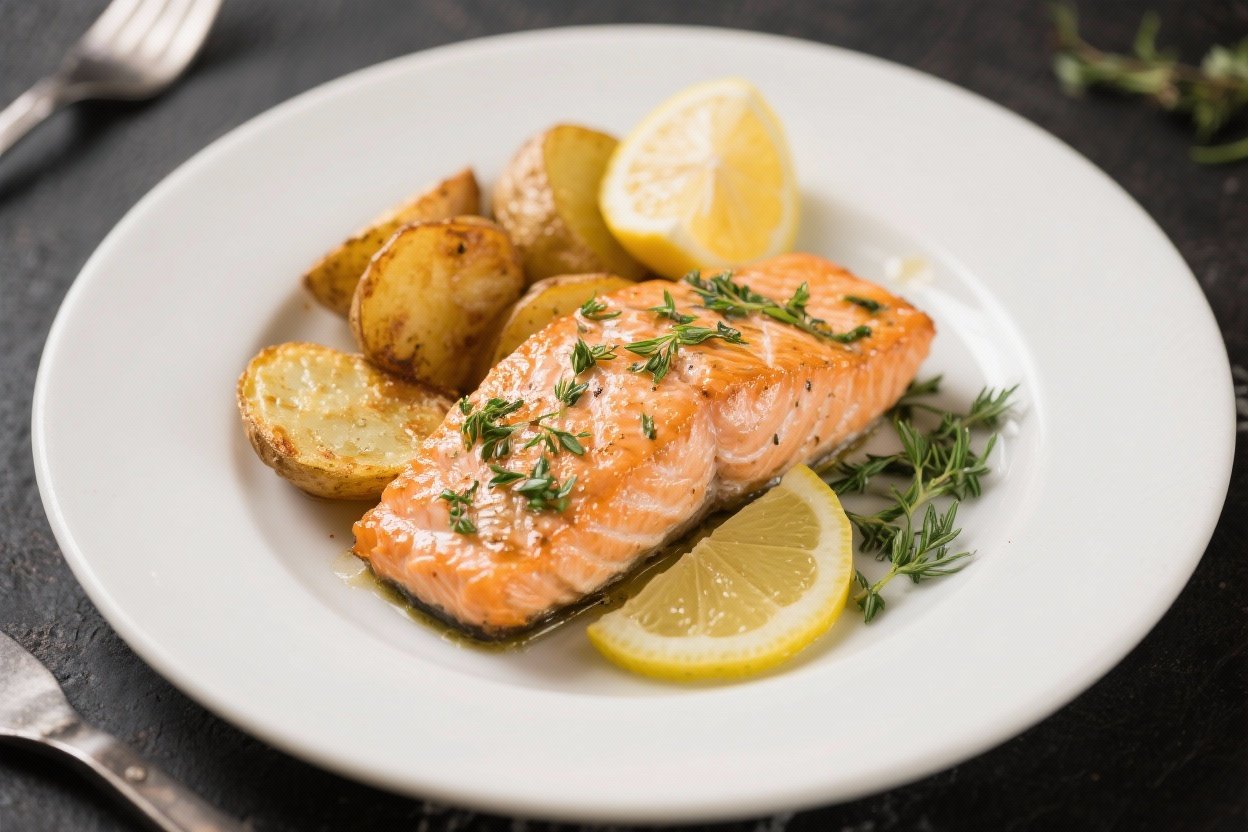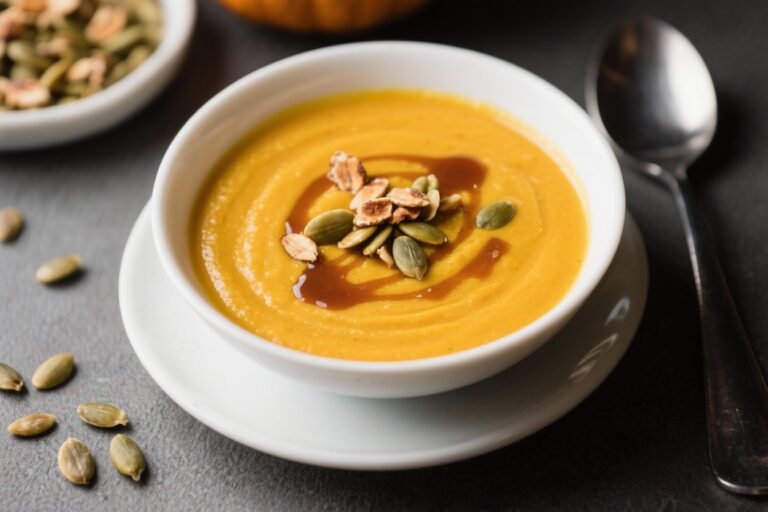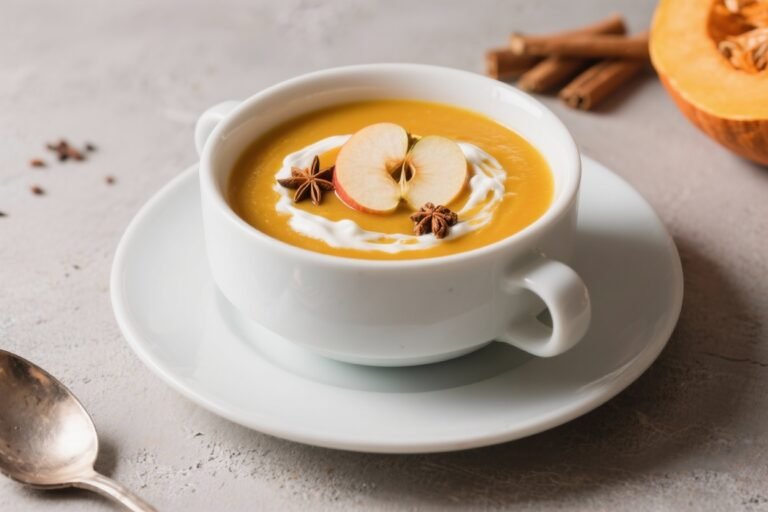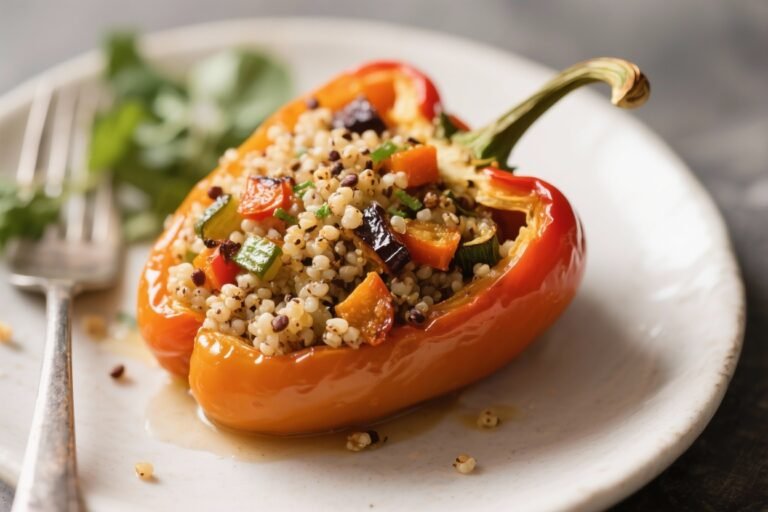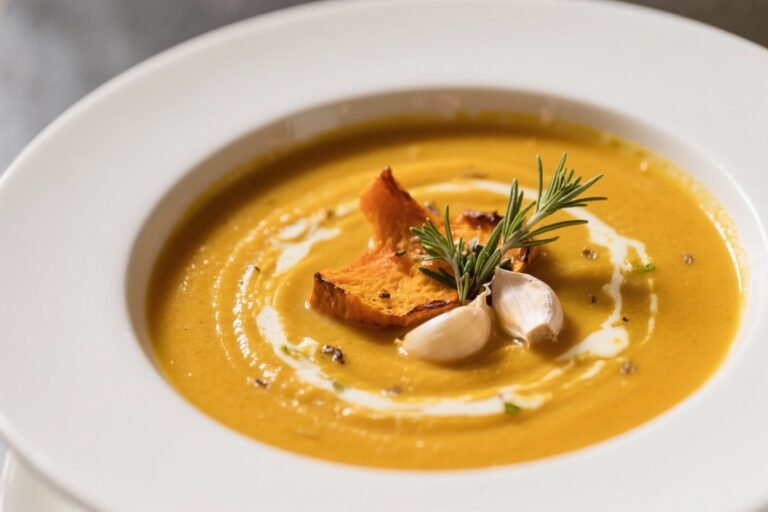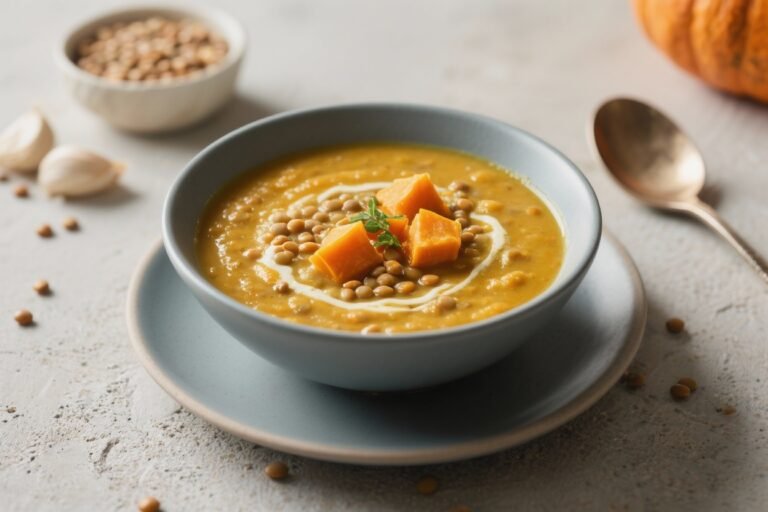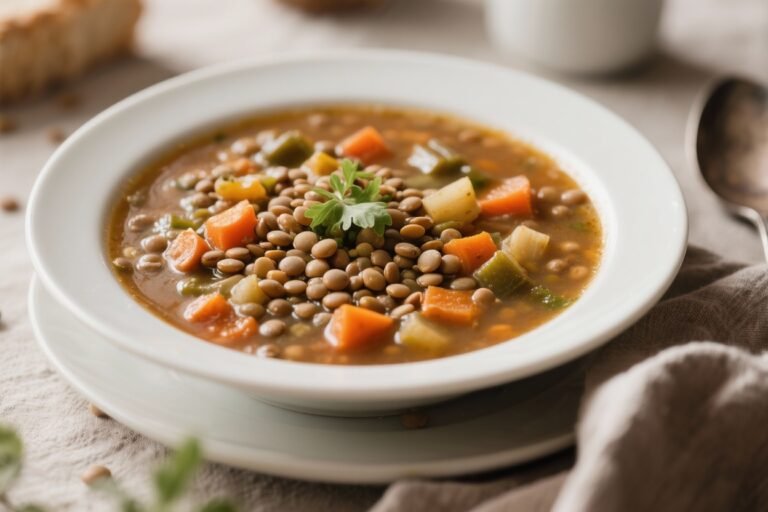Lemon Herb Salmon with Roasted Potatoes: The 30-Minute Dinner That Tastes Like a $40 Plate
You want a dinner that looks fancy, tastes expensive, and takes less time than scrolling your feed? This is it. Juicy, lemon-bathed salmon with crispy, golden potatoes that snap under your fork like a mic drop.
No complicated gear, no culinary degree, no drama—just clean flavors and a win on every plate. It’s the kind of meal that makes you look capable and calm, even if you burned toast yesterday. Consider this your high-ROI dinner move.
What Makes This Recipe Awesome
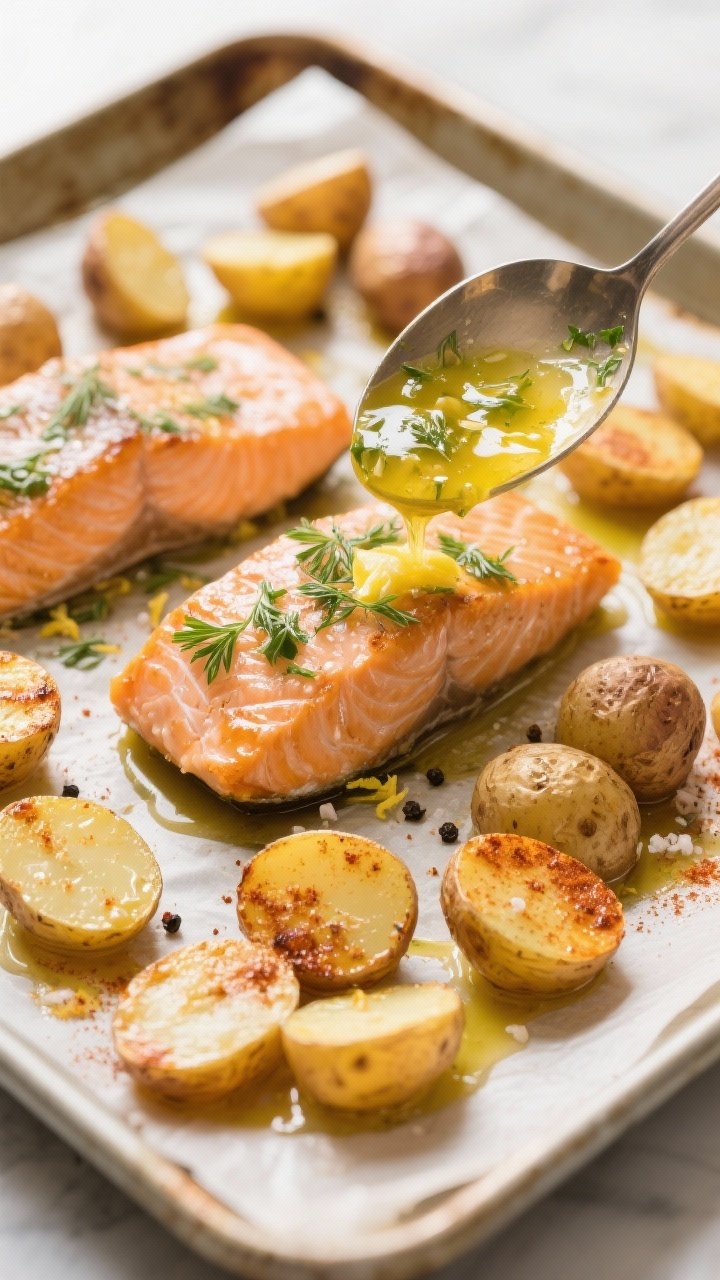
- Balanced flavors: Bright lemon, fresh herbs, and buttery salmon create a clean, restaurant-level profile without extra fuss.
- Two-in-one timing: The potatoes roast first; the salmon finishes on the same pan.
Minimal cleanup, maximal efficiency.
- Flexible and forgiving: Works with salmon fillets or a whole side. Herbs are swap-friendly. Potatoes?
Any waxy variety plays nice.
- Healthy without the lecture: Omega-3s, fiber, and vitamins wrapped in a meal you’ll actually crave.
- Weeknight fast: About 30 minutes of cook time, most of it hands-off. Your oven does the heavy lifting—like it should.
Ingredients
- 4 salmon fillets (5–6 oz each), skin-on preferred
- 1.5 lbs baby potatoes (Yukon gold or red), halved
- 3 tbsp extra-virgin olive oil, divided
- 2 tbsp unsalted butter, melted (optional but clutch)
- Zest of 1 lemon
- Juice of 1–2 lemons (about 3–4 tbsp), divided
- 3 garlic cloves, minced
- 2 tsp Dijon mustard
- 1 tsp honey or maple syrup (balances the acidity)
- 1 tsp kosher salt, plus more to taste
- 1/2 tsp freshly ground black pepper
- 1/2 tsp smoked paprika (optional for depth)
- 2 tbsp fresh parsley, chopped
- 1 tbsp fresh dill, chopped (or 1 tsp dried)
- 1 tbsp fresh thyme leaves (or 1 tsp dried)
- Lemon wedges, for serving
Step-by-Step Instructions
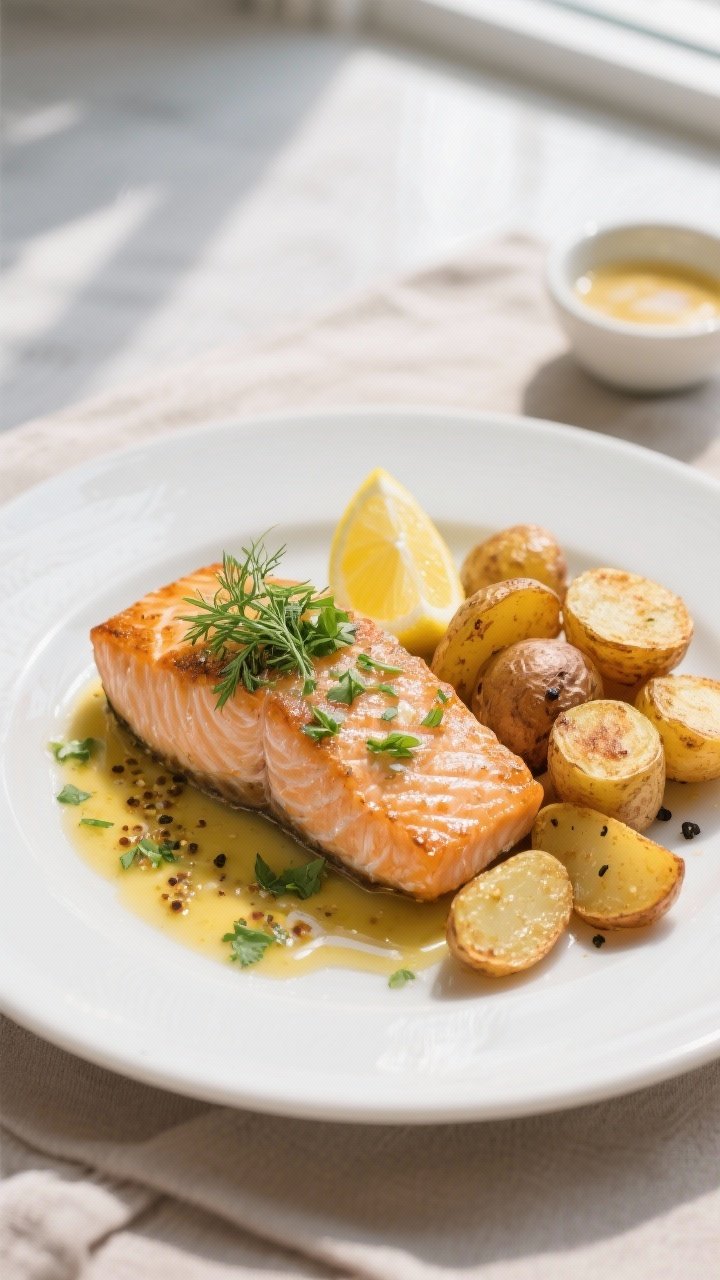
- Preheat the oven: Set to 425°F (220°C). Line a large sheet pan with parchment for easy cleanup.
You’re welcome.
- Prep the potatoes: Toss halved baby potatoes with 2 tbsp olive oil, 1/2 tsp salt, 1/4 tsp pepper, and smoked paprika if using. Spread cut-side down on the pan.
- Roast round one: Roast potatoes for 18–20 minutes until the undersides are golden and crisp. They should smell like victory.
- Make the lemon-herb sauce: In a small bowl, whisk 1 tbsp olive oil, melted butter, lemon zest, 2 tbsp lemon juice, garlic, Dijon, honey, and a pinch of salt and pepper.
Stir in parsley, dill, and thyme.
- Season the salmon: Pat fillets dry. Sprinkle with 1/2 tsp salt and 1/4 tsp pepper total. Dry fish = crispy results.
Moisture is the enemy here.
- Add salmon to the pan: Scoot potatoes to the sides. Place salmon skin-side down in the center. Spoon half the lemon-herb sauce over the fillets.
- Roast round two: Return pan to oven for 8–12 minutes, depending on thickness.
Target an internal temp of 125–130°F for medium and silky. The salmon should flake but still glisten.
- Finish and brighten: Drizzle remaining sauce and an extra squeeze of lemon over salmon. Toss potatoes with any pan juices because flavor should never be left behind.
- Serve: Plate salmon with potatoes, add lemon wedges, and sprinkle extra herbs.
If someone asks where you ordered from, just nod mysteriously.
Preservation Guide
- Fridge: Store salmon and potatoes separately in airtight containers for up to 3 days. Keep the sauce in a small jar for last-minute brightness.
- Reheat: Low and slow wins. Warm salmon at 275°F (135°C) for 10–12 minutes or gently in a covered skillet.
Microwaving is fine (FYI), but do 50% power to avoid dryness.
- Freezer: Cooked salmon freezes for up to 2 months. Wrap tightly. Thaw overnight in the fridge, then reheat gently.
Potatoes don’t freeze well—texture goes weird.
- Meal prep tip: Roast extra potatoes and make a double batch of sauce. Use leftover salmon cold over greens with the sauce as dressing. Efficient and smug.
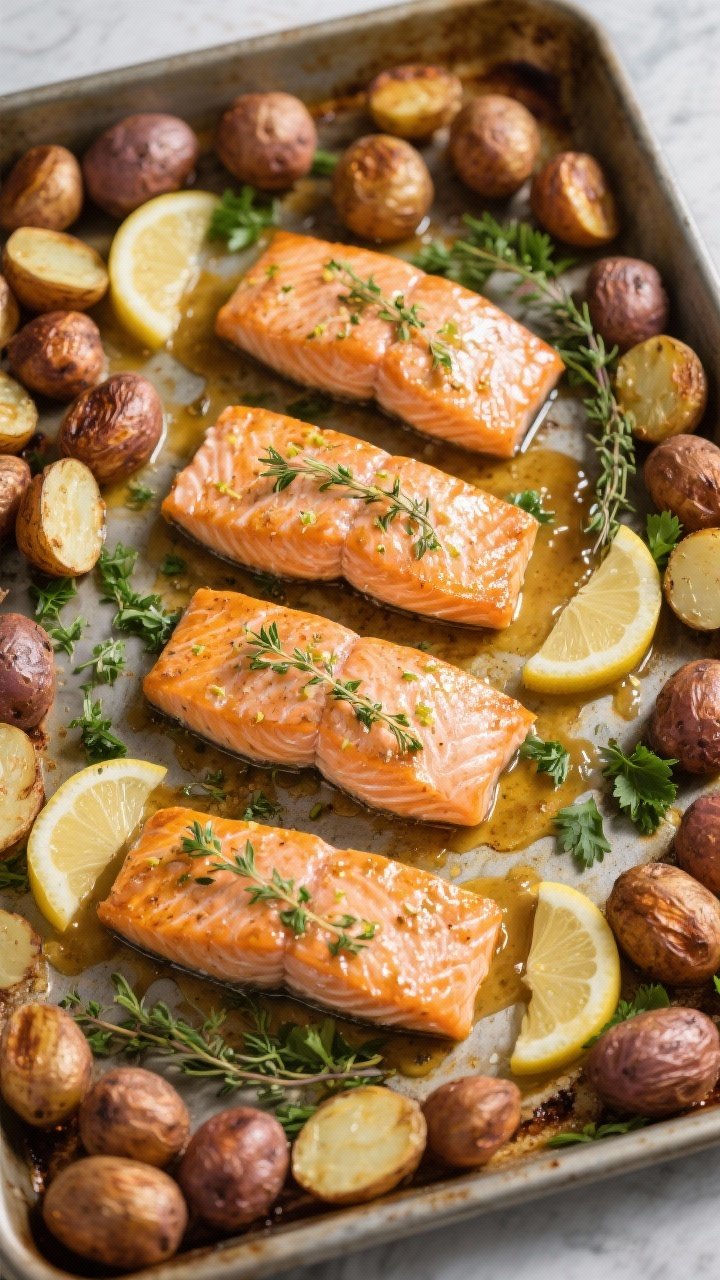
Why This is Good for You
- Omega-3s from salmon: Support heart health, brain function, and inflammation control.
Basically, it’s food that pays dividends.
- Slow-burn carbs: Potatoes bring potassium and fiber, especially with skins on. Skip the peel, keep the nutrients.
- Antioxidants and vitamins: Lemon, garlic, and herbs deliver vitamin C and phytonutrients without adding empty calories.
- Smart fats: Olive oil and salmon fat help with satiety and flavor. This is how you eat well and stay full, IMO.
Pitfalls to Watch Out For
- Overcooking salmon: The line between moist and chalky is thin.
Start checking at 8 minutes. Pull at 125–130°F; carryover heat finishes the job.
- Soggy potatoes: Don’t crowd the pan and keep them cut-side down for crisp edges. If your sheet pan is small, use two.
- Watery sauce: Pat the salmon dry and zest the lemon before juicing.
Also, don’t drown the fillets—sauce is a finish, not a bath.
- Flavor imbalance: Taste the sauce. If it’s too sharp, add a touch more honey or butter. If flat, add a pinch of salt and a splash more lemon.
Alternatives
- Different fish: Swap salmon for Arctic char, steelhead, or trout.
Cooking times are similar due to similar fat content.
- Herb variations: Try basil and chives in spring, rosemary in winter, or cilantro and lime for a brighter twist.
- Spice twist: Add chili flakes or a pinch of cayenne to the sauce for heat. Harissa + lemon? Shockingly good.
- Veg swap: Replace potatoes with broccoli, carrots, or asparagus.
For firmer veg, roast longer before adding salmon.
- Dairy-free route: Skip the butter and add 1 tsp extra olive oil plus a splash more Dijon for body.
- Sheet pan plus: Add sliced red onions or halved cherry tomatoes with the potatoes for extra color and sweetness.
FAQ
How do I know when the salmon is perfectly cooked?
It should flake easily with a fork and still look slightly translucent in the center. An instant-read thermometer reading of 125–130°F is ideal for medium. If you prefer well-done, go to 135°F, but don’t say I didn’t warn you.
Can I use frozen salmon?
Yes.
Thaw in the fridge overnight or under cold running water while still sealed, then pat very dry. Frozen fish often retains extra moisture, so drying is non-negotiable for good texture.
What potatoes work best?
Baby Yukons or red potatoes are perfect because they hold shape and crisp well. Russets can work in a pinch, but they’re starchier and may need extra oil to get that golden crust.
Can I cook this on the grill?
Absolutely.
Par-cook the potatoes in the oven or microwave, then finish on a grill pan. Grill salmon skin-side down over medium heat, lid closed, for 7–10 minutes, brushing with sauce in the last few minutes.
How do I avoid a fishy taste?
Buy fresh or vacuum-sealed salmon and cook it within 1–2 days. Rinse briefly, pat dry, and use lemon zest, not just juice, to brighten.
If it already smells strong, it’s not your fault—it’s the fish.
Is the skin supposed to be eaten?
Yes, if you like crispy things. When roasted hot, the skin turns deliciously crisp and adds nutrients. If you’re not into it, peel it off after cooking—comes off like a sticker.
Can I make the sauce ahead?
Yes.
Mix it up to 2 days in advance and keep refrigerated. Whisk before using, and warm slightly so the butter (if used) isn’t solid when you drizzle.
What if I don’t have Dijon?
Use regular mustard or even grainy mustard. The point is tang and emulsification.
Worst case, skip it and add a tiny extra honey and salt to balance the lemon.
Final Thoughts
“Lemon Herb Salmon with Roasted Potatoes” is that rare combo: fast, fancy, and foolproof. The potatoes crisp, the salmon stays juicy, the sauce does the heavy lifting—and you look like a pro with zero stress. Keep this in your weekly rotation and tweak the herbs or heat to match your mood.
It’s affordable luxury on a sheet pan, which is basically the dream.
Printable Recipe Card
Want just the essential recipe details without scrolling through the article? Get our printable recipe card with just the ingredients and instructions.
